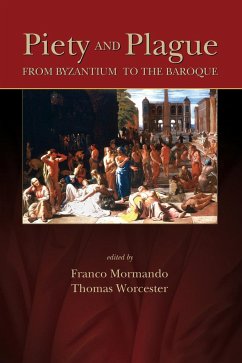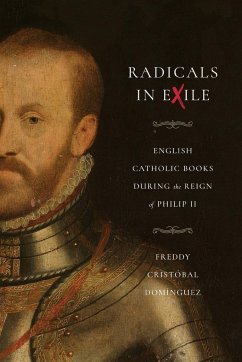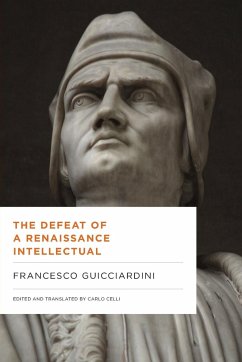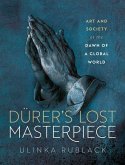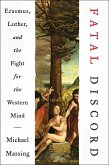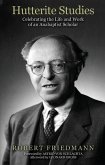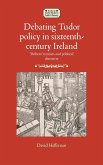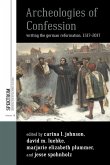Plague was one of the enduring facts of everyday life on the European continent, from earliest antiquity through the first decades of the eighteenth century. It represents one of the most important influences on the development of Europe's society and culture. In order to understand the changing circumstances of the political, economic, ecclesiastical, artistic, and social history of that continent, it is important to understand epidemic disease and society's response to it. To date, the largest portion of scholarship about plague has focused on its political, economic, demographic, and medical aspects. This interdisciplinary volume offers greater coverage of the religious and the psychological dimensions of plague and of European society's response to it through many centuries and over a wide geographical terrain, including Byzantium. This research draws extensively upon a wealth of primary sources, both printed and painted, and includes ample bibliographical reference to the most important secondary sources, providing much new insight into how generations of Europeans responded to this dread disease.
Bitte wählen Sie Ihr Anliegen aus.
Rechnungen
Retourenschein anfordern
Bestellstatus
Storno

